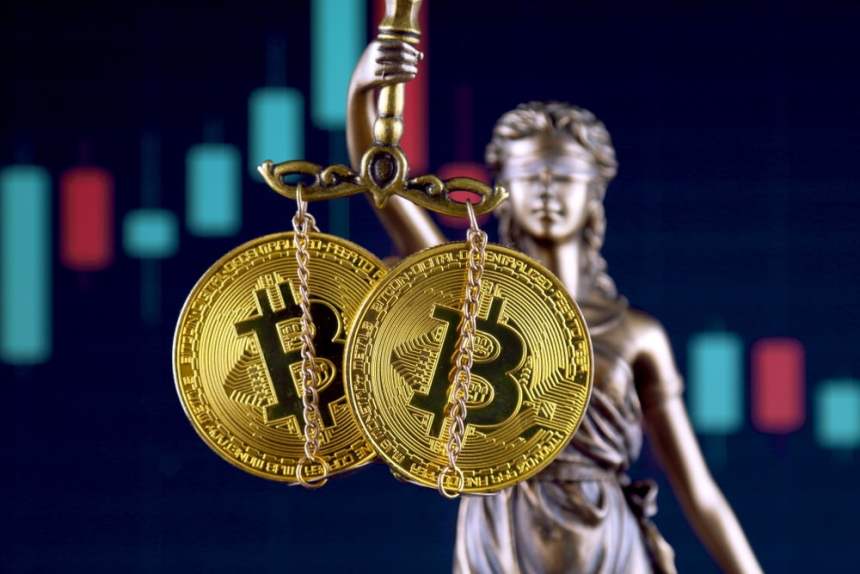In a recent interview with CNBC’s Squawk Box, Congressman Warren Davidson (R-Ohio), a member of the congressional financial services industry, spoke about cryptocurrency regulation and the complexities surrounding the issues.
Davidson began by announcing that his committee would be hosting a round table with industry leaders in order to gain better insight into the industry and how industry experts feel the technology should be best regulated. He notes that regulation is needed in order to advance the industry and to prevent fraud.
While speaking to the show’s hosts, Davidson explained that current products that are dependent on regulations, like Bitcoin ETFs, tokenized securities, and security commodities, are dependent on having regulatory frameworks put in place in order to ensure the security and safety of investors.
Davidson expressed that the roundtable he is hosting came about after Jay Clayton, the chair of the U.S. Securities and Exchange Commission (SEC), said to him that everything in the crypto market appeared to be a security to him. This prompted Davidson to further research the line that separates security tokens and utility tokens based on use-cases and investor’s perceptions.
One of the show’s hosts explained that he believes a big issue in the industry is custody, and the issues surrounding the criminal use of cryptocurrencies for things like terrorism financing and money laundering, to which Davidson responded saying:
“I don’t want to dismiss the fact that there’s illicit uses, but when cash goes away cash is gone, when a cryptocurrency is moved its inherently traceable, there’s a distributed ledger, a public ledger, so the only anonymity is the point of entry.”
Davidson importantly noted that there are multiple types of cryptocurrencies that shouldn’t be bunched together into the same category. He references things like security tokens, utility tokens, crypto commodities, noting that it is important for regulators to recognize their differences.
He concluded the interview by noting that although he doesn’t currently own any cryptocurrency, he hopes to in the near future and feels like he is “missing out” on a great market. However, he doesn’t want to introduce a conflict of interest until he has completed his task of gathering information and recommendations on how to best regulate the industry.
Regulatory Authorities Divided on Importance of Regulation
Davidson’s views on the importance of cryptocurrency regulations is somewhat different than that of other authorities in the U.S. government, including SEC Commissioner Hester M. Peirce, who has been long recognized as an advocate for “do-no-harm” crypto regulations.
While speaking at the FinTech Unbound Conference hosted by the Cato Institute, Peirce expressed that although her positive views on cryptocurrencies are not necessarily those of the SEC, she believes that the authorities need to acknowledge that there will always be issues when approving new types of products, like Bitcoin ETFs, but that more harm is done to investors when they are prohibited from accessing these types of investments.
Commissioner Peirce specifically notes that she is troubled by the focus on regulating cryptocurrencies and taking away the ability for investors to make their own decisions, saying:
“The focus on the lack of regulation of cryptocurrencies particularly troubled me. What authority do we have to require that assets underlying securities be regulated as if they were securities? Even if we had this authority, private markets can and do regulate themselves.”
Featured image from Shutterstock.
